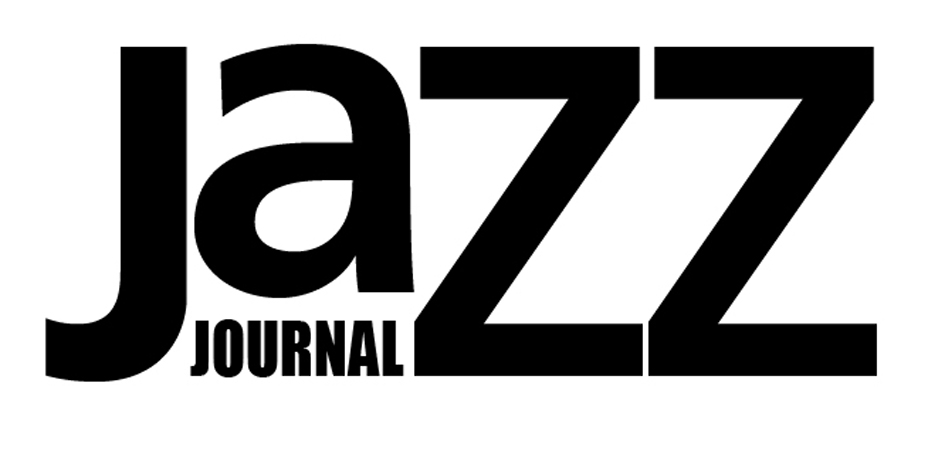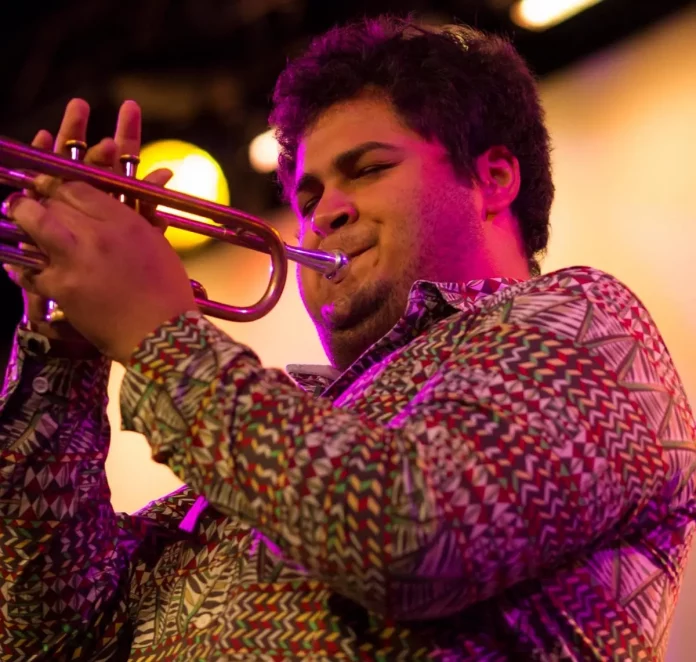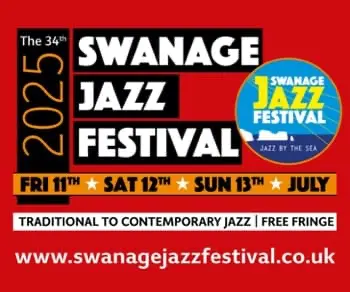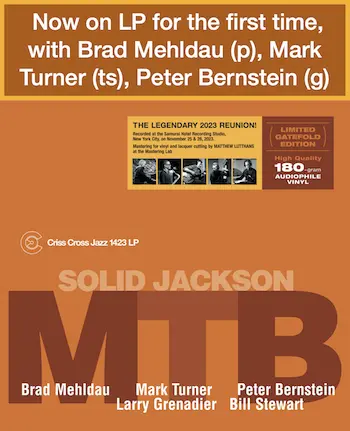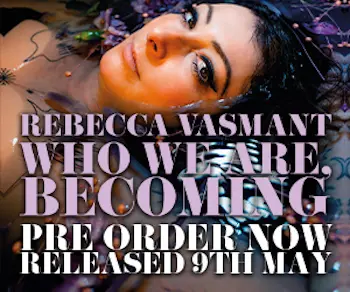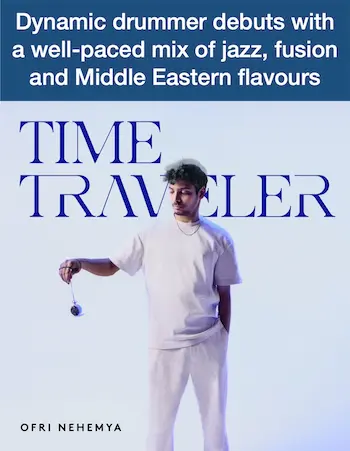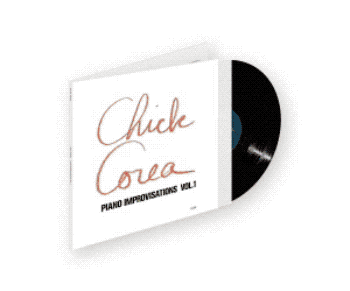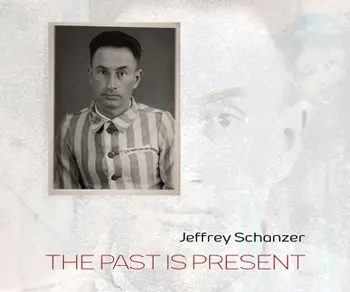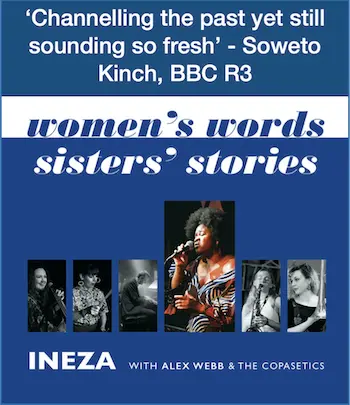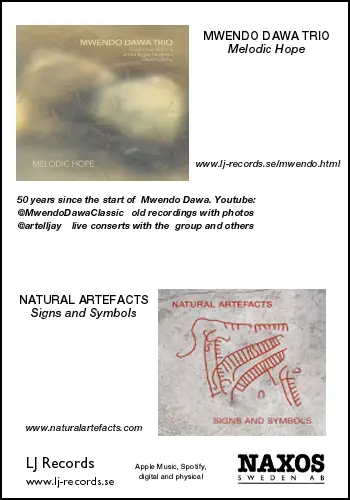Kjetil Husebø: Piano Transformed – Interspace (Optical Substance Productions OSP010)
My reviews of Kjetil Husebø’s recent ambient jazz projects have spoken of the Norwegian pianist-composer’s solid grounding in classical techniques, something which his Piano Transformed project brings into even sharper focus. This double-album is the third volume in the series, following Piano Transformed (2017) and Live At Nasjonal Jazzscene (2020). The central conceit is that of a real-time transformation of his compositions, Husebø reacting to the pieces with live sampling and signal processing as he plays. With an uncanny ability to sense the inner workings of his instrument, sounds which might otherwise remain hidden are drawn out, amplified and woven into a variety of sonically rich soundscapes.
The extent to which the compositions would succeed without electro-acoustic enhancement speaks to their inherent qualities, but the real magic of Piano Transformed lies in Husebø’s mastery of re-composition. Listen for example to Escape, where eerie echoes, small percussive gestures and whirring mechanical drones accentuate its solemn passage. The effects are rather more dramatic on the abstract Predator’s Battlefield and Disenchantment, while the more minimally inclined Tilbakeblikk and Floating Summer require only the gentlest caress. If you enjoyed Jon Balke’s recent Skrifum (ECM) and your tastes extend to Alva Noto’s collaborations with Ryuichi Sakamoto, Interspace is essential listening.
Kali Trio: The Playful Abstract (Ronin Rhythm Records 043)
Any release on Nik Bärtsch’s Ronin Rhythm Records is preceded by certain expectations, but despite the shared aesthetic I never tire of hearing the many variations in approach that currently exist within the zen-funk brotherhood. Inspired by the weightless sounds of ambient and electronic music, this is the Kali Trio’s third outing for the label. With each successive release Nicolas Stocker (drums), Urs Müller (guitar) and Raphael Loher (piano) seem to be carving out an increasingly distinctive niche, and theirs is a very texturally rich variety of minimalism.
Unlike the four lengthy compositions of LOOM (2021), the nine short pieces here dwell in transient and unconnected spaces. From the dreamy Organelle to the motoric mos3 or the tranquil gamelan-like patterns of Eon and Flux, we are led through a revolving gallery of contrasting rhythms and sounds. The atonality of the groove-based Shift reminded me of Dictaphone, Bendings tricks the ears with its crafty piano preparations and crab-like gait, while the relatively lengthy Field mines the spacey psych-rock of the late 60s. Beautifully engineered by Manuel Egger, it’s a wonder-filled escape from life’s daily travails.
Egil Kalman & Hans Hulbækmo: Unit Of Time (Motvind Recordings MOT32)
Somewhat more visceral than the Kali Trio but no less transcendent is this duo from Swedish bassist and analogue synth player Egil Kalman and Norwegian percussionist Hans Hulbækmo. Setting out to demonstrate that the essence of time can be experienced through rhythm, they loop exotic metres from around the globe into a tapestry of just-intoned drones and playful free improvisation. It’s a very intimate shared space, and one which requires listeners to leave their inhibitions at the door.
The hypnotic bass-driven grooves of Gangar, Turns Purple and Drift Metal provide a nice counterweight to the abstraction of Heilo and Forecast. Better Get It revels in a Mingus mode while Arythmics and the title track could be straight out of the 60s sound-lab of Gordon Mumma or Bob Moog. The warm, detailed studio sound makes these duologues all the more engrossing, and there’s a sense of experimentation which often reminds me of Esoteric Circle era Garbarek. File alongside William Parker and Hamid Drake’s landmark Piercing The Veil (AUM Fidelity, 2001). It really is that good.
Adam O’Farrill: For These Streets (Out Of Your Heads Records OOYH 034)
The artist-led Out Of Your Heads Records is rapidly becoming a go-to destination for boundary pushing jazz, improvised and contemporary music. Typifying the label’s ambition and the calibre of the artists circling within its orbit is this new set from trumpeter and composer Adam O’Farrill. He was prompted by reading Henry Miller’s Tropic Of Cancer, which led him back to the music, literature and cinema of the 1930s. The album is something of a reverse odyssey in which O’Farrill evokes the spirit of a turbulent decade from a contemporary vantage point.
The 10 incident-packed tracks are resonant with echoes of Ravel, Messiaen, Stravinsky, Weill and more. O’Farrill’s writing is top-notch, the weighting of the ensemble voices truly exquisite, and the stellar cast which includes Mary Halvorson (guitar), Patricia Brennan (vibraphone), Kevin Sun (reeds) and Tomas Fujiwara (drums) is crucial in bringing his vision to life. Borrowing a trick from Virgina Woolf’s 1931 novel The Waves, the musicians take on individual personas, offering contrasting perspectives as they solo and converse. Unimposing conductor Eli Greenhoe keeps the action flowing, and it all adds up to some of the most compelling chamber jazz I’ve heard for a very long time.
Alex Zethson & Johan Jutterström: It Could / If I (Astral Spirits / Thanatosis AS246/THT39)
Taking a leaf from O’Farrill’s book, this sepia-tinged debut by the Stockholm-based duo of Johan Jutterström (tenor saxophone) and Alex Zethson (piano) also suggests deeper historical forces at play. The album collects standards along with newer songs by John Lurie, Leonard Cohen and the Pet Shop Boys and intriguingly every title starts with the words “It Could” or “If I”. The songs are comprehensively reduced and reworked, and what remains is a series of potent chamber-jazz études, classic in their gravitas yet very contemporary in the fleetingness of their presence.
Amongst the highlights are Jutterström’s skeletal arrangement of Jimmy Van Heusen’s It Could Happen To You, with its echoes of Pres (via the Four Brothers), Monk and Tristano. His playful Etude 23 tastefully incorporates extended techniques from the avant-garde, while the contemplative reading of the Pet Shop Boys’ It Couldn’t Happen Here couldn’t be further from the sweeping strings and urgent beats of the original. A heartwarming rendition of Cohen’s hymnal If I Didn’t Have Your Love forms a brilliant and somewhat optimistic coda to an unusual but thoroughly enchanting album.
